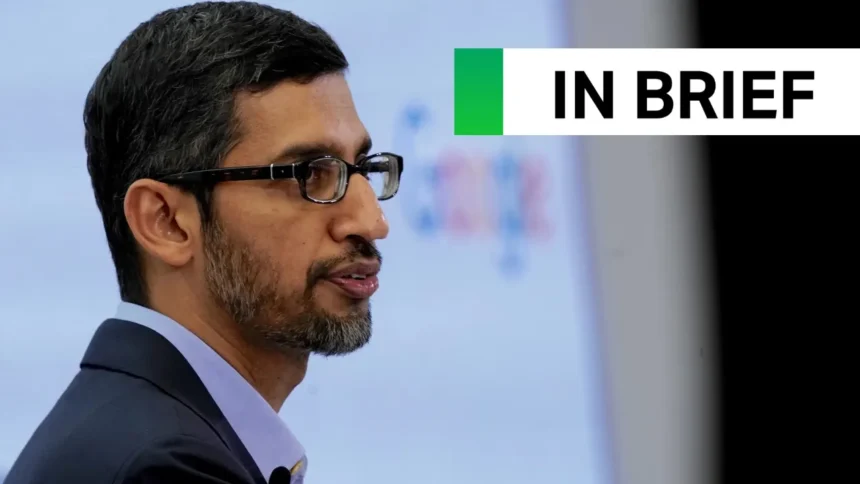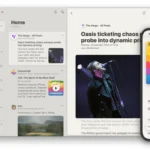At the United Nations’ Summit of the Future this past Saturday, Google’s CEO Sundar Pichai made a groundbreaking announcement, highlighting artificial intelligence (AI) as a game-changer for humanity’s future. Describing AI as “the most transformative technology yet,” Pichai emphasized its potential to shape sustainable development and revealed Google’s commitment to ensuring that AI benefits people across the globe.
A Vision for Global AI Accessibility
Pichai outlined four key areas where AI can drive positive change and create long-lasting global impact:
- Bridging Language Gaps: AI can help millions of people access crucial information in their native languages, breaking down language barriers and ensuring no one is left behind in the information age.
- Accelerating Scientific Breakthroughs: From healthcare to environmental studies, AI is already revolutionizing research and innovation. Pichai highlighted its ability to speed up discoveries that could address some of humanity’s most pressing challenges.
- Tracking Climate Disasters: AI is set to play a critical role in climate resilience by providing real-time alerts and monitoring of disasters such as floods, wildfires, and hurricanes, helping communities better prepare and respond.
- Driving Economic Growth: By powering industries and creating new opportunities, AI holds enormous potential to fuel economic progress, especially in developing countries.
Addressing AI’s Risks and the “AI Divide”
While Pichai was quick to highlight the opportunities AI presents, he also acknowledged the technology’s risks. He mentioned concerns over deepfakes—AI-generated media designed to deceive people—as a significant challenge that society must confront.
Despite these risks, Pichai stressed a different, equally concerning issue: the growing threat of a global “AI divide.” If AI education and resources are concentrated in only a few countries or regions, it could leave entire communities, particularly in underdeveloped parts of the world, without access to its benefits.
In response, Google is launching the Global AI Opportunity Fund, an ambitious $120 million initiative aimed at making AI education and training accessible to communities worldwide. The fund will work in partnership with local nonprofits and NGOs to equip people with the skills and tools they need to harness the power of AI.
Smart Regulation for a Unified Global Approach
Pichai also took the opportunity to call for forward-thinking, balanced regulation that both promotes AI innovation and mitigates its potential harms. He warned that without smart, inclusive regulatory frameworks, countries could adopt protectionist policies that would create uneven development and exacerbate the AI divide.
To avoid this outcome, Pichai urged for international collaboration on AI governance, emphasizing that regulations should “mitigate harms while resisting national protectionist impulses.” In his view, poorly coordinated or restrictive policies could not only limit AI’s global benefits but also hinder progress in regions that stand to gain the most.
Shaping a Future Powered by AI
As Pichai’s speech at the UN Summit made clear, AI represents both incredible potential and significant responsibility. The launch of the Global AI Opportunity Fund signals Google’s intention to play a major role in democratizing AI access, ensuring that people from all walks of life can benefit from the advancements AI will bring.
Looking forward, the challenge is not just creating cutting-edge AI technologies, but ensuring that these tools are used responsibly and fairly, helping to uplift communities worldwide rather than entrenching inequalities.
The world will be watching closely as AI continues to evolve, and Pichai’s call for global collaboration and equitable education signals a pivotal moment in shaping a future where AI truly works for everyone.










